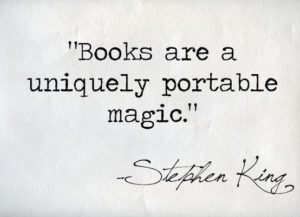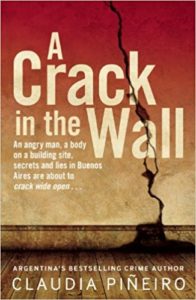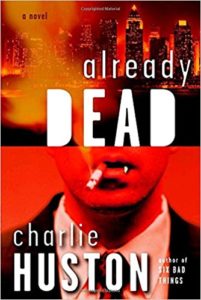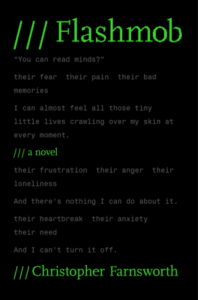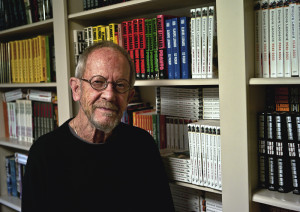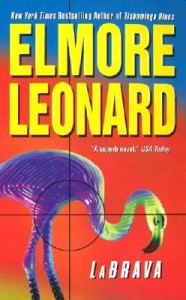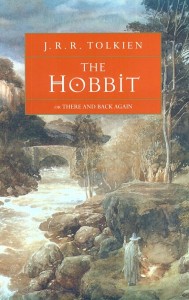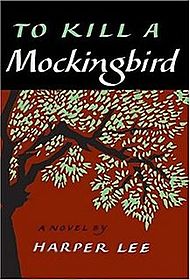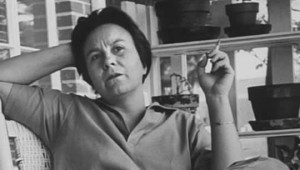It sounds like a specialized question, but it’s not. Apparently, if you know King, your reality as an author is verified, whether the person asking will ever bother to read a book of yours or not.
I’ve been asked about King many times times by cab drivers when I’m doing book tours across the country and they find out why I’m in town. It’s almost always the first question.
So, here are some sample answers to help out all you road-weary, flummoxed authors in those moments when your mind might go blank and you’re wishing you had stayed home or taken your parents’ advice and gone into your cousin’s wallpaper business. Feel free to suggest your own.
— “We went to college together. Dude could par-tay!” Make up the wild story of your choice at this point. You’re a writer. Be grotesque. Embellish.
— “That SOB? Never wanted to. He used to date my cousin and he was into really kinky sex that left her with a limp and allergies. It’s really sad.” Sink into your seat and mutter darkly.
— “Yes, but he trashed my house once after a séance and we haven’t talked since, though our lawyers are working it out. At least he says those are his lawyers. Sometime you can see right through them…. It’s kinda creepy.”
— “Stephen who? Is he some kind of writer or something? Like, wha has he written I might have heard of?” Look truly puzzled.
— “Are you kidding? I’m the one who gives him his book titles and plot twists. He gets writer’s block all the time and calls me drunk at three in the morning. Shit, I shouldn’t have said anything. Please don’t tell anyone!”
— “No. Have you?” Glare.
Lev Raphael is the author of 25 books in genres from memoir to mystery.

